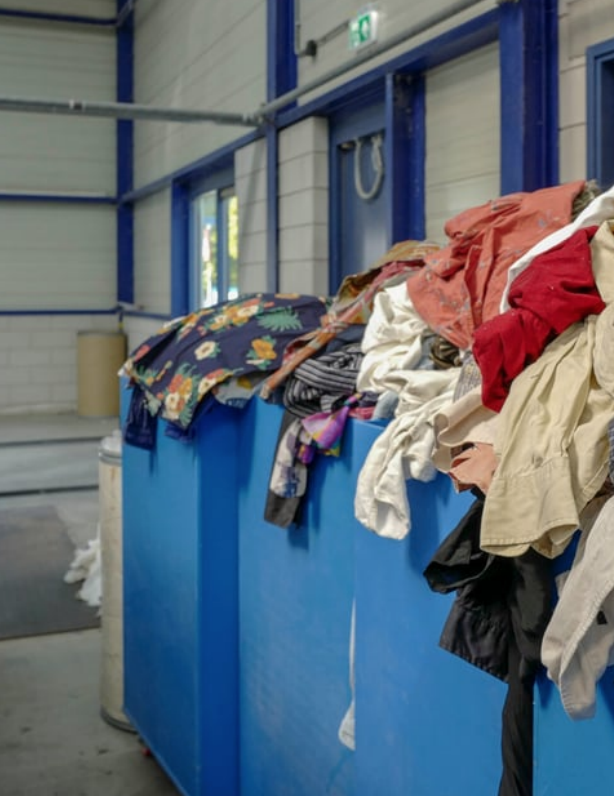
The scheme, which will be piloted by Euratex, aims to provide tangible solutions to small and medium-sized enterprises, “where textile waste can become a value”, says the launch press release. Some 24 SMEs are among the 43 signatories representing 11 EU countries. The aim is to help defend European textile jobs and support textile relocation in Europe by removing the obstacles to circularity.
Supported by the European Commission through the Interregional Innovation Investments Instrument, the initiative will be coordinated by the European Innovation Council and the SME Executive Agency (EISMEA).
“RegioGreenTex will support our companies in this transition towards a new sustainable economic model,” says Euratex Director General Dirk Vantyghem. Last June, he stressed to FashionNetwork.com the importance of recycling for the European textile strategy. “We are pleased to have 24 SMEs involved, which will directly benefit from the action. The project should also mobilise regional authorities to engage in textile waste recycling, which can give a new dynamic to the textile industry in general.”
In particular, the scheme should promote the European textile recycling network Rehubs, whose first concrete step was unveiled last June. Rehubs aims to increase European textile collections to 5.5 million tonnes by 2025, compared with 2.8 million in 2019, a year in which some four million tonnes of textile waste were incinerated in the EU.
Euratex represents some 154,000 companies in the European textile and clothing industry, which generates 1.47 million jobs and €53 billion in exports. The confederation has been active on the issue of energy costs for almost two years, regularly criticising the inadequacy of European measures, or their discrepancy with the specific energy needs of the textile sectors.
Read on Fashion Network
